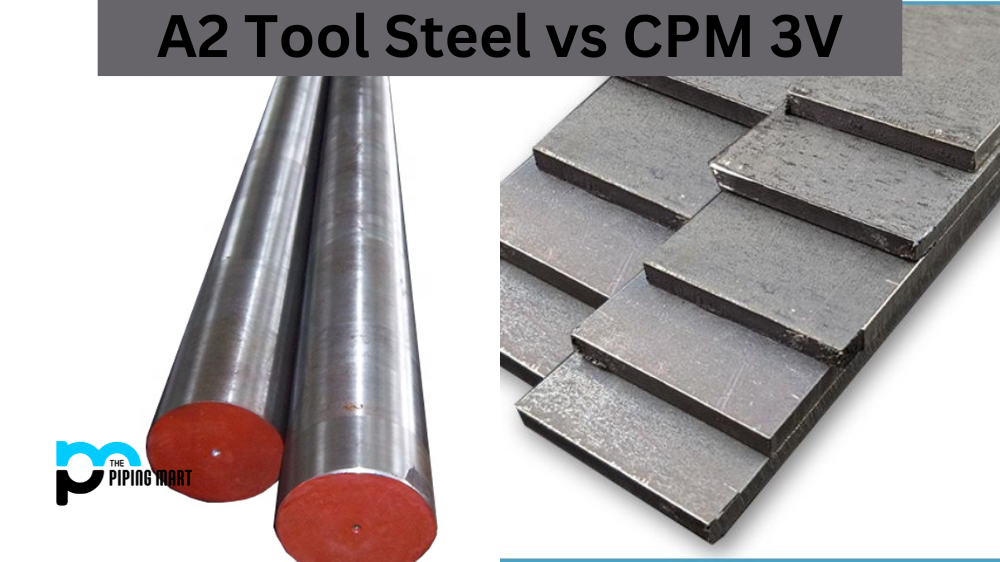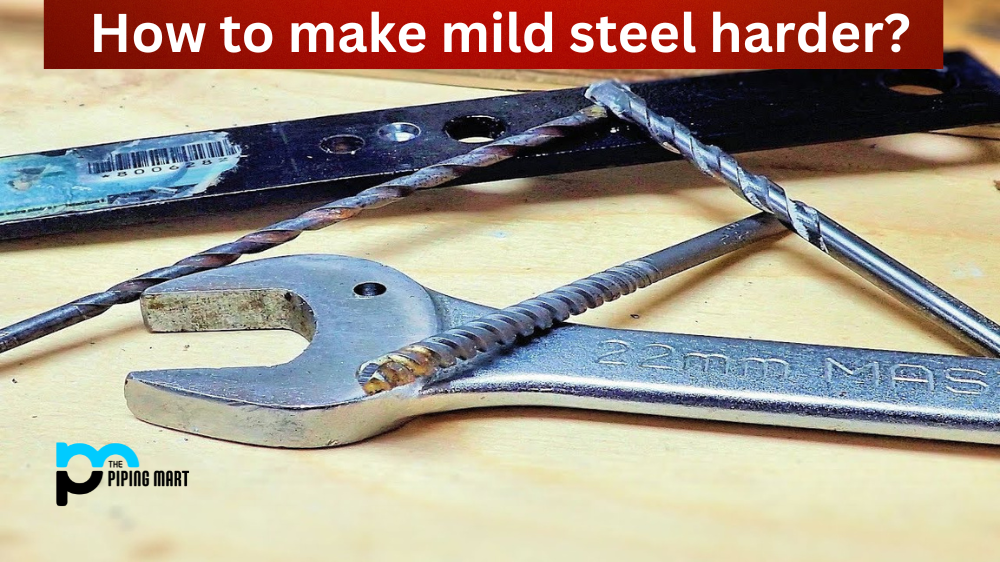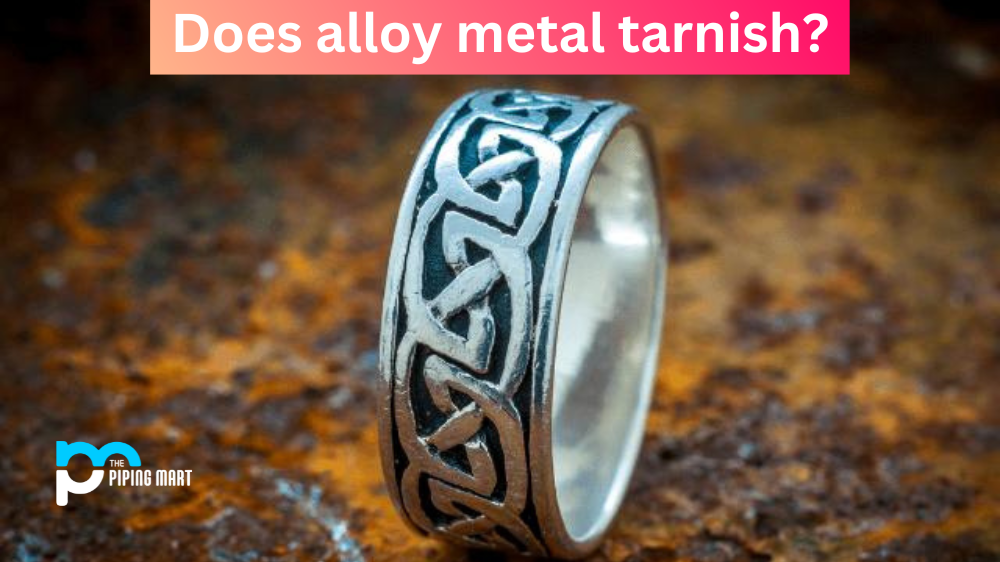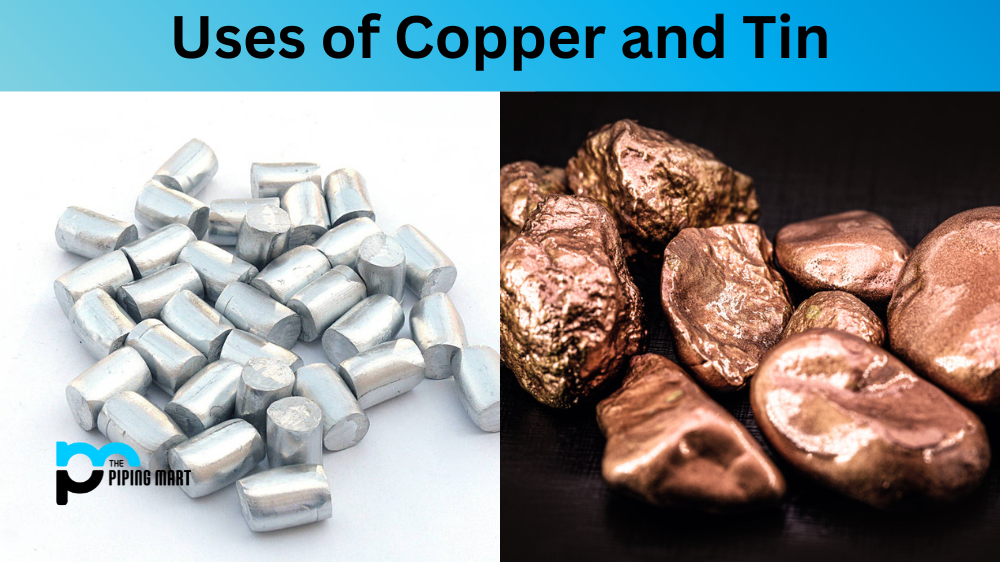When it comes to choosing the right type of steel for your needs, there are many factors to take into consideration. A2 Tool Steel and CPM 3V are two of the most popular steel types known for their durability, toughness, and hardness. The choice between these two types of steel depends on what you intend to use them for, the level of strength and toughness required, and the type of environment that they will be exposed to. In this blog post, we will dive deep into A2 Tool Steel and CPM 3V to help you determine which is better suited for your needs.
What is A2 Tool Steel?
A2 Tool Steel is an air-hardened steel commonly used in manufacturing tools, dies, and machine parts. It is known for its high wear resistance and toughness, making it an ideal choice for applications that require repeated use or exposure to high-stress environments. A2 Tool Steel is easy to machine and can be hardened to a Rockwell hardness of up to 62, which is much harder than many other types of steel. However, A2 Tool Steel is less corrosion resistant than other steel types, which may limit its use in some applications.
What is CPM 3V?
CPM 3V is a type of high-performance steel known for its extreme toughness and wear resistance. It is made using the powder metallurgy process, which allows for a more uniform distribution of carbides and other alloying elements, resulting in a more consistent and predictable performance. CPM 3V is often used in knife blades, hunting knives, and other applications that require extreme strength and durability. It has a higher Rockwell hardness than A2 Tool Steel, ranging from 58 to 61, and is also more corrosion-resistant, making it more versatile for a wider variety of applications.
Difference Between A2 Tool Steel and CPM 3V
The choice between A2 Tool Steel and CPM 3V ultimately comes down to the specific needs of your application. If you require extreme toughness and wear resistance, then CPM3V is the better choice. It’s more corrosion-resistant and critical in environments where the tool will be exposed to chemicals and other corrosive elements. A2 Tool Steel may be better if you need more versatile steel. A2 Tool Steel is more readily available and can be used in many applications, although it may perform better in extreme conditions than CPM 3V.
Advantages and Disadvantages of A2 Tool Steel and CPM 3V
Advantages of A2 Tool Steel
- High wear resistance and toughness
- It can be hardened to a Rockwell hardness of up to 62
- Easy to machine
Disadvantages of A2 Tool Steel
- Not as corrosion-resistant as some other types of steel
- Limited to certain applications
Advantages of CPM 3V
- Extreme toughness and wear resistance
- More corrosion-resistant than A2 Tool Steel
- Suitable for a wider range of applications
Disadvantages of CPM 3V
- It can be more expensive than A2 Tool Steel
- It may not be as readily available as A2 Tool Steel
Conclusion
In conclusion, A2 Tool Steel and CPM 3V are both great types of steel, but the choice between them depends on the specific needs of your application. If you need extreme toughness and wear resistance, CPM 3V is the better choice, while A2 Tool Steel is more versatile and easy to machine. Choosing high-quality steel from a reputable supplier is important to ensure the best performance and longevity in your tools and parts.

Hey, I’m Krutik, a casual blogger expert in the metal industry. I am passionate about providing valuable information to my readers. With a background in engineering and construction, I like playing Cricket & watching Netflix shows in my free time. Thank you for visiting my blog, and I hope you find my information helpful!




